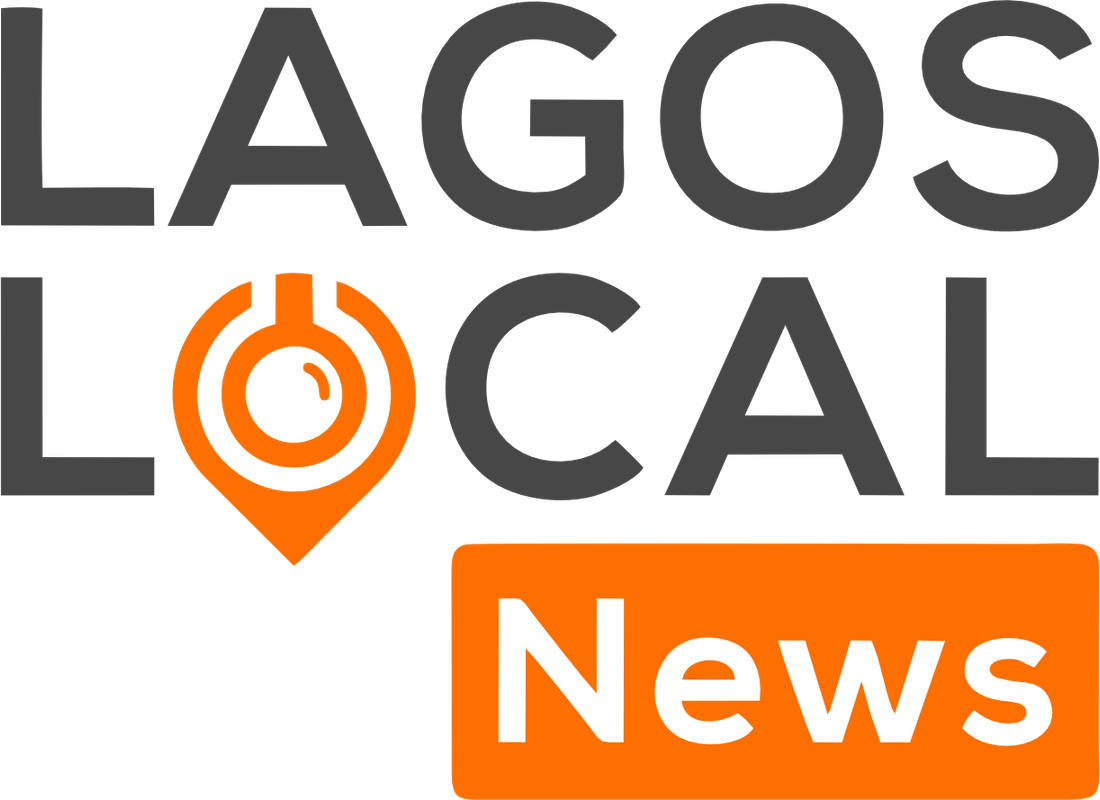CBN Aims to Boost Financial Inclusion with Recapitalization
On Tuesday, the Central Bank of Nigeria (CBN) said that about 28 million Nigerians still lack access to formal financial products and services, despite a reduction in the country’s financial exclusion rate to 26% in 2023 from 46.3% in 2010.
The CBN confirmed that the ongoing recapitalisation exercise will empower financial institutions to take risks in underserved markets and, by extension, improve financial inclusion in Nigeria.
Mr. Olayemi Cardoso, Governor of the Central Bank of Nigeria, revealed this in his welcome speech at the ongoing 2024 International Financial Inclusion Conference in Lagos with the title, ‘Inclusive Growth—Harnessing Financial Inclusion for Economic Development.’
Speaking on the efforts of the apex bank to promote financial inclusion, Cardoso said: “In line with its efforts to deepen financial inclusion, the CBN recently initiated new minimum capital requirements for banks.
“This strategic approach ensures that banks are well capitalised, allowing them to take on greater risks, especially in underserved markets.
“With great capital bases, banks can make available more loans and financial products to MSMEs, rural communities, and other vulnerable segments that have previously struggled to access formal financial services.”
“This plan not only strengthens financial stability but also serves as a catalyst for inclusive growth. By allowing banks to extend more credit to MSMEs, we improve job creation and productivity.”
In his remarks, Deputy Governor, Financial Sector Surveillance, CBN, Mr. Phillips Ikeazor, emphasised challenges to achieving the 95 percent financial inclusion goal and measures to address them.
Ikeazor said: “Since the launch of the plan, which is currently in its third phase, the Central Bank of Nigeria and stakeholders have worked continuously to reduce financial exclusion rates. Owing to these efforts, the exclusion rate has dropped from 46.3% in 2010 to 26% as of 2023.
“Despite this progress, there are about 28 million Nigerians who still have no access to formal financial products and services, and certain problems continue, especially in ensuring financial access for the five most excluded demographics: women, youth, rural communities, Northern Nigeria, and micro, small, and medium enterprises (MSMEs).

![CBN headquarters [Google photo]](http://media.assettype.com/lagoslocalnews%2F2024-11-13%2Fuqe9tw3a%2FCBN-2.jpg?w=480&auto=format%2Ccompress&fit=max)
